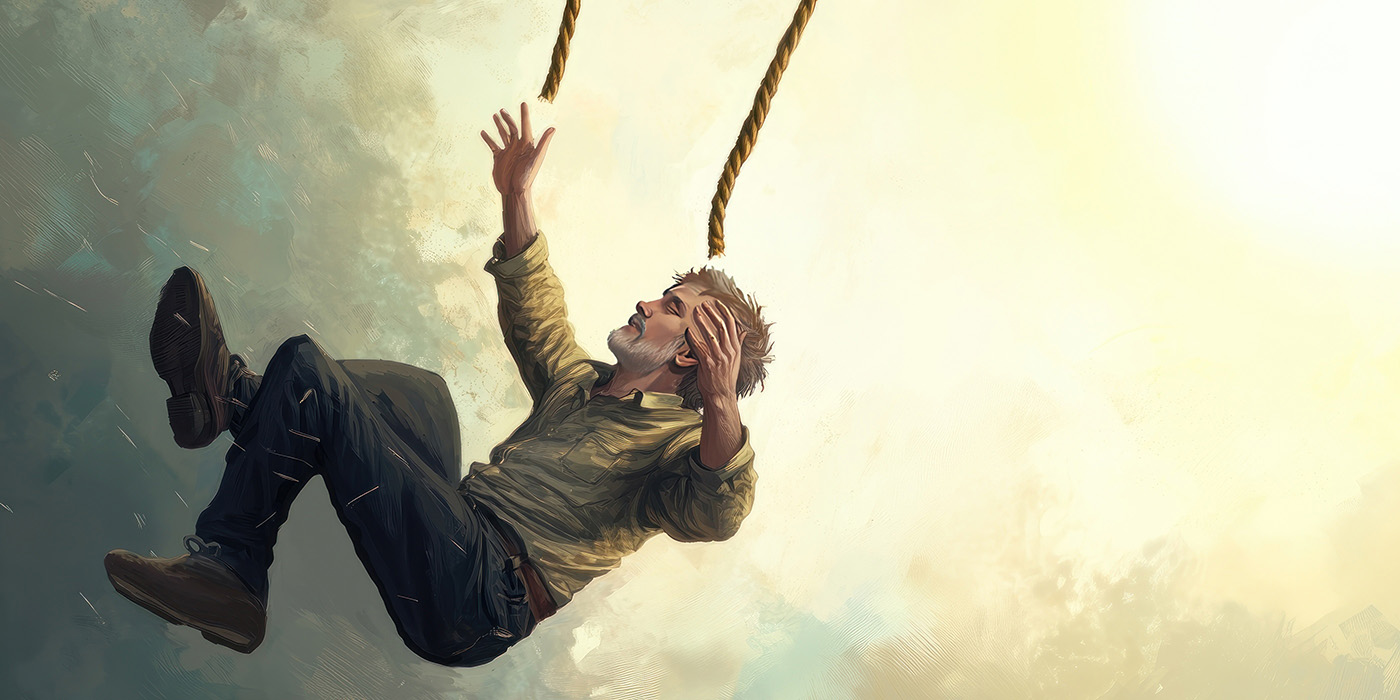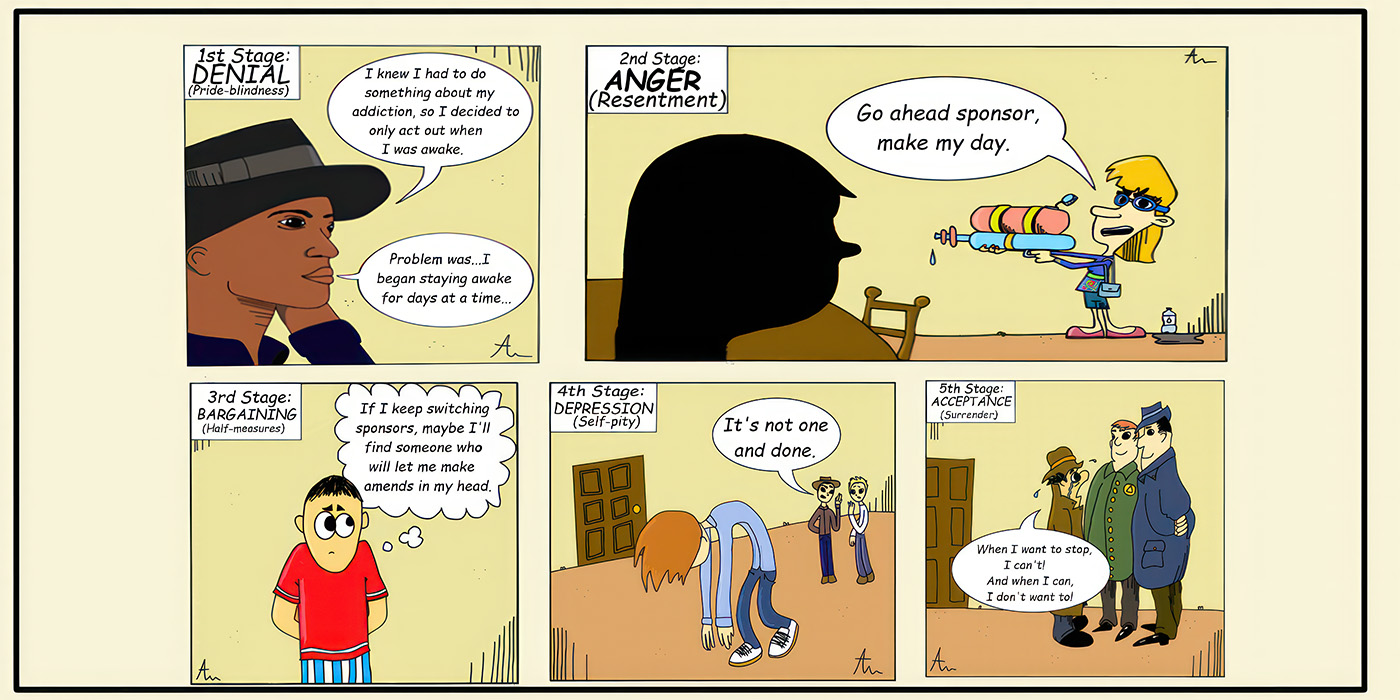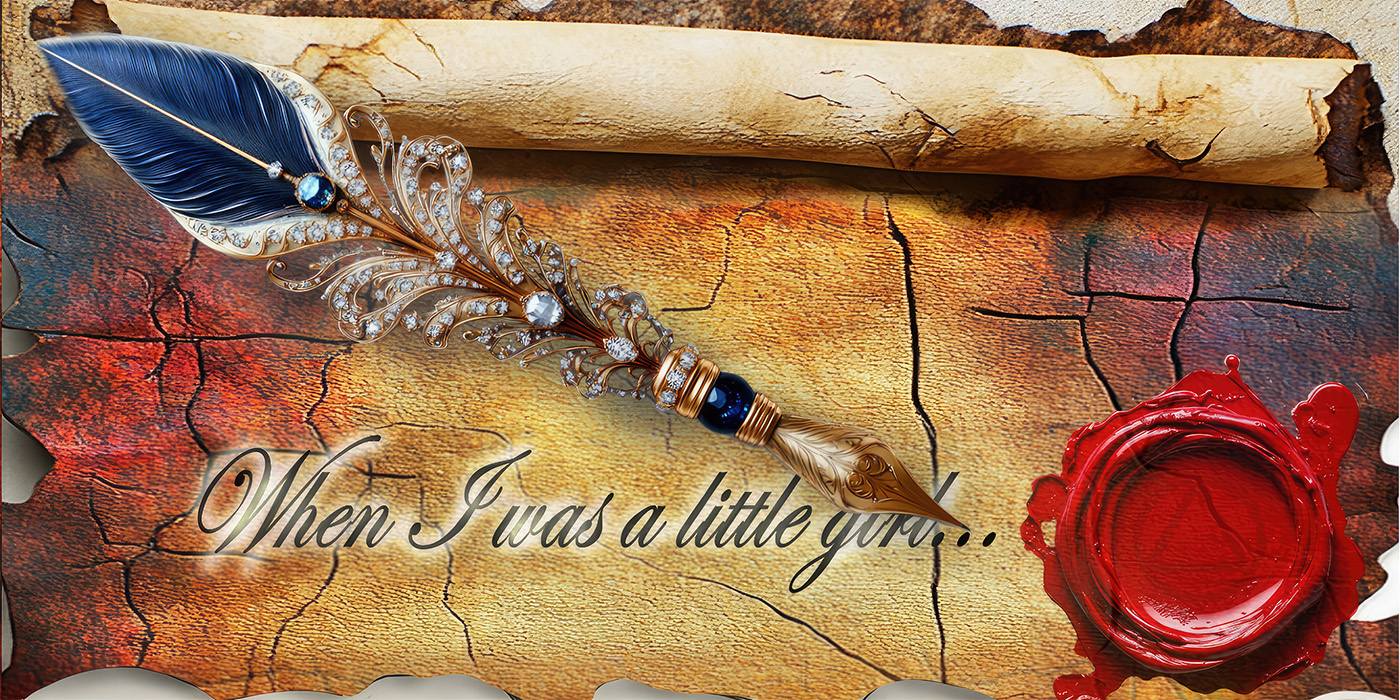I suffer from a sort of hyper-vigilance. Something in me wants to identify and define every object, every person, every angle and surface in my physical environment. My ears are open; my eyes are taking in the very texture of things around me. This drive to know everything that’s going on around me could be a useful trait if I were Batman and dwelt in Gotham City.
But I’m not Batman, I’m a sexaholic. At some point, a long time ago, this hyper-vigilance—wherever it came from—became a tool of my lust. In “insobriety,” I was always looking and listening for triggers: people and images that I could get a hit from. With my eyes and ears, I poked and prodded my environment for hits. I call that one of the habits of insobriety.
With the gift of sobriety, I wanted to leave all that behind. I wanted to control my eyes and ears. I knew that the lust hit not only hurt me immediately, but it would come back to haunt me later that day, or the next week, or a month later. Yet the more I used my will power, the stronger was the desire to look around—or look a second time.
At some point in recovery, it came to me that this exaggerated vigilance was more than a mere inclination; it felt like a need, a compulsion. “Where does this come from?” I asked myself. I didn’t have an answer. Another question came to me: “Do I really need to know everything going on around me?” I had an answer to that one and the answer was—No! I’m not Batman and I’m not God. I don’t have to know every detail about everything around me.
I don’t have to know! Telling myself this reminds me that my desire to poke and prod my environment with my senses is not an imperative. There are a lot of things I want to know, but I don’t have to know.
My sponsor once told me that I can’t just make a decision not to be compulsive. He’s right, of course. Habit is a powerful force, and I can use it to my advantage. I can have bad habits or good habits, habits of insobriety or habits of sobriety. When I practice habits of insobriety, I open myself to lust. When I practice habits of sobriety, I open myself to God’s grace. So now I’m in the habit of saying to myself, I don’t have to know. It’s become a mantra for me.
Especially when I leave the house, I utter my mantra. Driving down the street, I notice someone on the sidewalk a block ahead. What gender? What age? Where headed? I don’t have to know. As I tell myself that, I find I’m no longer compelled to follow that person with my eyes. At a stoplight, who’s in that car idling beside mine? I don’t have to glance over to find out. On the highway, who’s in that car that is passing me? I don’t have to know. I’m free to pay attention to traffic.
Large stores and malls are difficult for me. In a Wal-Mart, if I’m carrying lust in my head, I feel like I’m peering out at a little world populated by strangers, any of whom can be a lust object; when I make eye contact, I often see hunger. If I’m working my mantra, it reminds me that I don’t have to know the spiritual state of these people. That’s God’s job. My job is to find the unwaxed dental floss.
That person in the canned vegetables aisle, how do her clothes fit? I don’t have to know. The sound of talking and laughter in the next aisle—are they men, women, adolescents? I don’t have to know. The sound of heels clicking on the floor behind me—I don’t have to look because I don’t have to know. Sometimes I’ll see someone and look away while telling myself, I don’t have to know, and I’ll experience surrender from the lust impulse. But it has to be a habit.
Even when I’m not in a triggering environment, I sometimes recite my mantra. It’s a gentle discipline for me. It calms me.
Am I cutting myself off from the beauty and rich variety of God’s creation? It doesn’t feel that way to me. I feel more at peace with God’s world and God’s people when I’m not probing and pushing with my senses. I’m more aware of me, where I am, what my feelings are. I’m more able to respond to things in the present. I believe I’m able to relate to other people more comfortably and more directly.
The phrasing of my mantra is not elegant, but that’s how it came to me: I don’t have to know. It’s grammatically negative, but it feels positive and spiritual. I think of it as I think of the principle of anonymity, which is (among other things) about letting go of identity and ego. My mantra is about letting go of pretensions to controlling the world around me. It’s a Third Step prayer for me, a way of surrendering. It’s a reminder that God can handle what’s going on in the universe … or across the street from me.
Art B., Georgia






